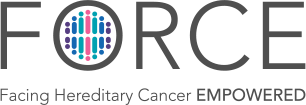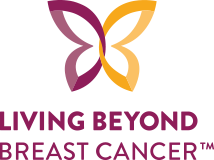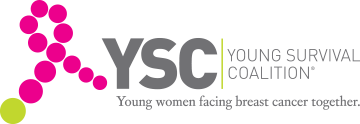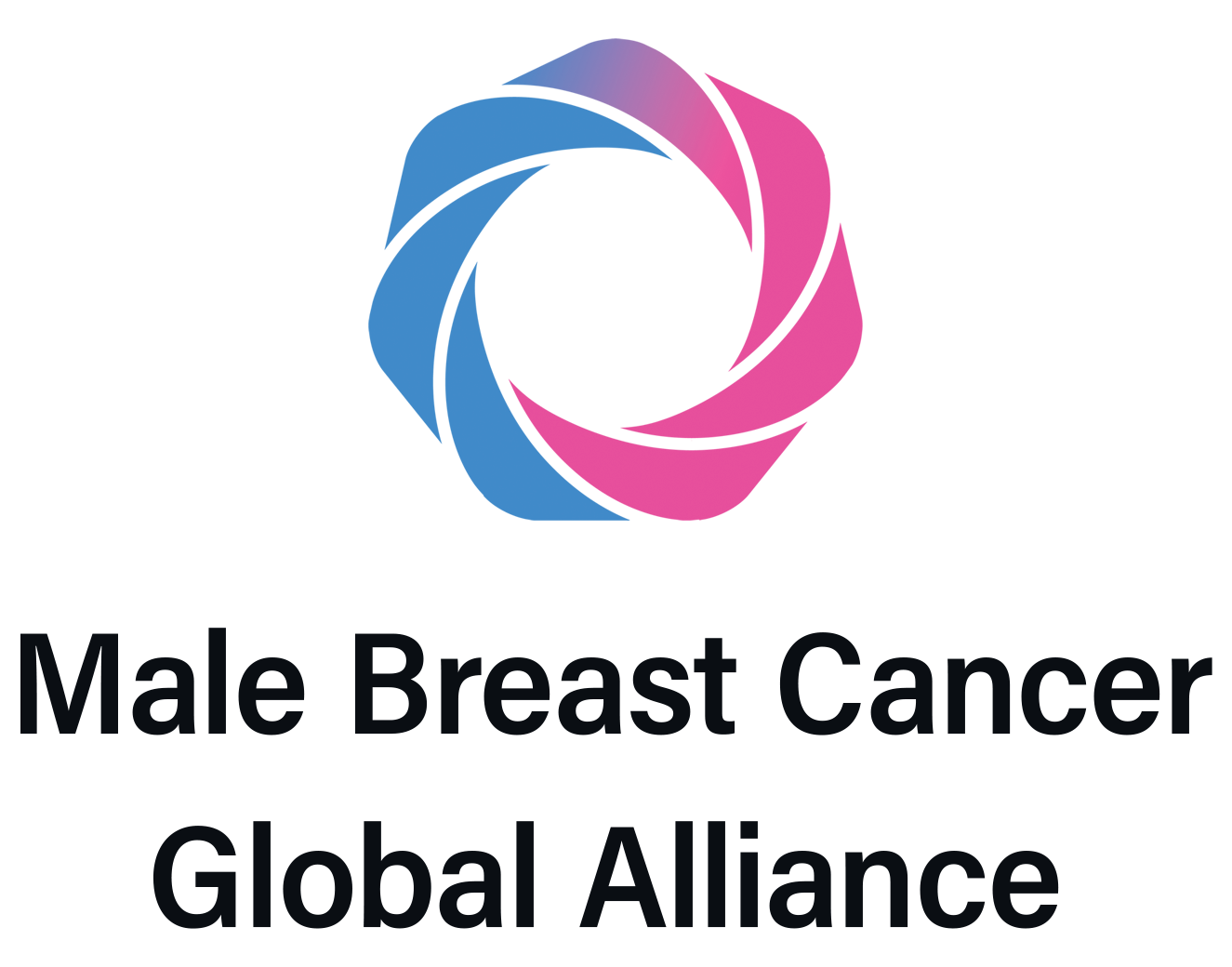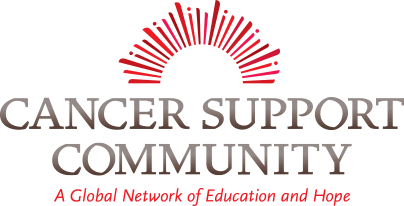Braving the mBC Storm is a Family Affair: A Caregiver’s Perspective
By Yoli
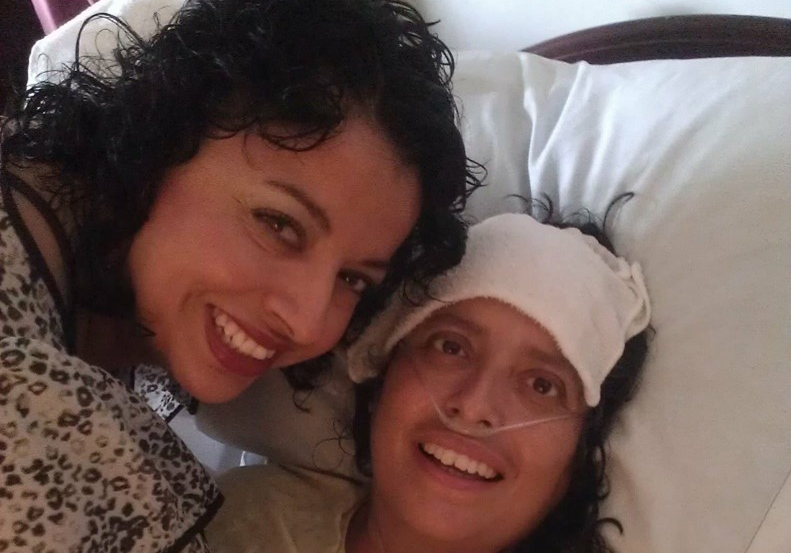
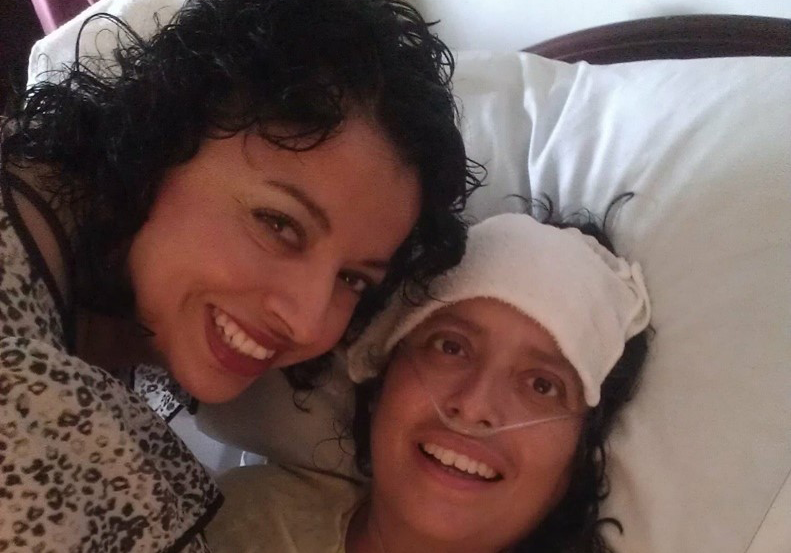
When we talk about metastatic breast cancer (mBC), the focus is often on the patient – their diagnosis, their treatment, their fight. But anyone who has been a caregiver to a loved one with mBC knows the truth: facing mBC is a family affair. I know this because cancer has been an undeniable part of my family’s story.
I was seven years old when my mom was diagnosed with breast cancer in her 30s. At that age, I didn’t fully understand what was happening. I just knew she was sick; she was in and out of the hospital, and life as I knew it was changing. And then, at ten years old, as quickly as I was understanding what cancer really was, it took her away.
Losing my mom at such a young age forced me to grow up fast. It’s something no child should have to experience, yet so many do. When a parent is sick, childhood often takes a backseat. Without realizing it, I stepped into the role of a caregiver – whether that meant helping around the house, comforting others through their pain, or simply feeling like my emotions weren’t as important as everything else happening around me.
This is the harsh reality for many children who witness a loved one battle with cancer. The need to be “strong” for everyone else, to push down the fear, to adapt to a world where nothing feels stable anymore. Even after the loss, that early exposure to grief and responsibility shapes who we become and how we see the world as we grow up.
Cancer found my family again, in many different ways. I navigated life with Stage 3 Triple Negative Breast Cancer for over eight years, with many challenges of my own. And then, it was my sister who I had to watch deal with the disease. I had survived, and now, it was her turn to fight. I stepped into the role of caregiver again, without hesitation, even though it was a role nobody hopes to play.
With my sister, caregiving meant more than emotional support. She was diagnosed with mBC, so I did my best to learn as much as I could in order to participate in care-planning meetings with her medical team. Every decision needed to be swift – treatment choices, next steps, and ultimately, end-of-life care. I had to be prepared with answers, ready to advocate, and clear-headed even when my heart was breaking.
And then, there was another weight I carried – the role of family communicator. In families, there may often be one person who serves as the bridge between the doctors and the loved ones waiting anxiously for updates. In my family, that person was me.
Being the communicator meant making sense of complicated medical information and delivering it in a way my family could understand. It meant being the bearer of bad news; news that would shatter hearts, alter hopes, and sometimes, feel unbearable to say out loud. There were moments when I rehearsed my words in my head, trying to soften them, wishing I could change the reality behind them. But no matter how carefully I framed the updates, the pain in my family’s eyes was always the same.
When I reflect back on that time, people ask how I managed it all. The truth? I was a machine. I stuffed my feelings down and did what needed to be done, moving forward relentlessly until the dust settled.
The Emotional Weight of Caregiving
Caregiving is an invisible burden we take on out of love. We can become emotional anchors, medical advocates, and logistical managers. At different times, we might hold out loved one’s hands through the hardest moments, navigate endless appointments, translate medical jargon, and have countless struggles that no one sees.
I remember the sleepless nights, lying awake with the weight of a thousand “what ifs” pressing down on my chest. The moments of quiet panic when I had to be strong because my sister needed me to be. The silent grief of watching her struggle, feeling helpless yet determined to make each day a little easier for her.
But here’s the thing I needed to keep reminding myself – I can’t pour from an empty cup. Caregivers need care, too. It took me a long time to learn that prioritizing my own healing wasn’t selfish. It was necessary. I learned how to say 'no' to make space for my own healing, to create moments of quiet where I could process everything I had been carrying. Stepping away when I needed to and protecting that time became part of my healing path.
And when I was finally ready, I resurfaced – with clarity and purpose. Slowly, the weight of grief made way for something else: a deep understanding of what it means to survive, to care, and to help others do the same. The pain I carried didn’t just fade, it transformed. It became my fuel, my reason, my why. It led me here, to the work I do today, and to the unwavering belief that no one should have to walk this path alone.
Let’s Brave the Storm Together
This is just the beginning of the conversation. I’m honored to be part of Story Half Told and to share my experiences in the hope that another caregiver out there feels seen, heard, and understood.
If you’re reading this as a caregiver, know this: You are not alone. Your role is invaluable. Your love, your strength, your sacrifices - they matter. And your story deserves to be told.


